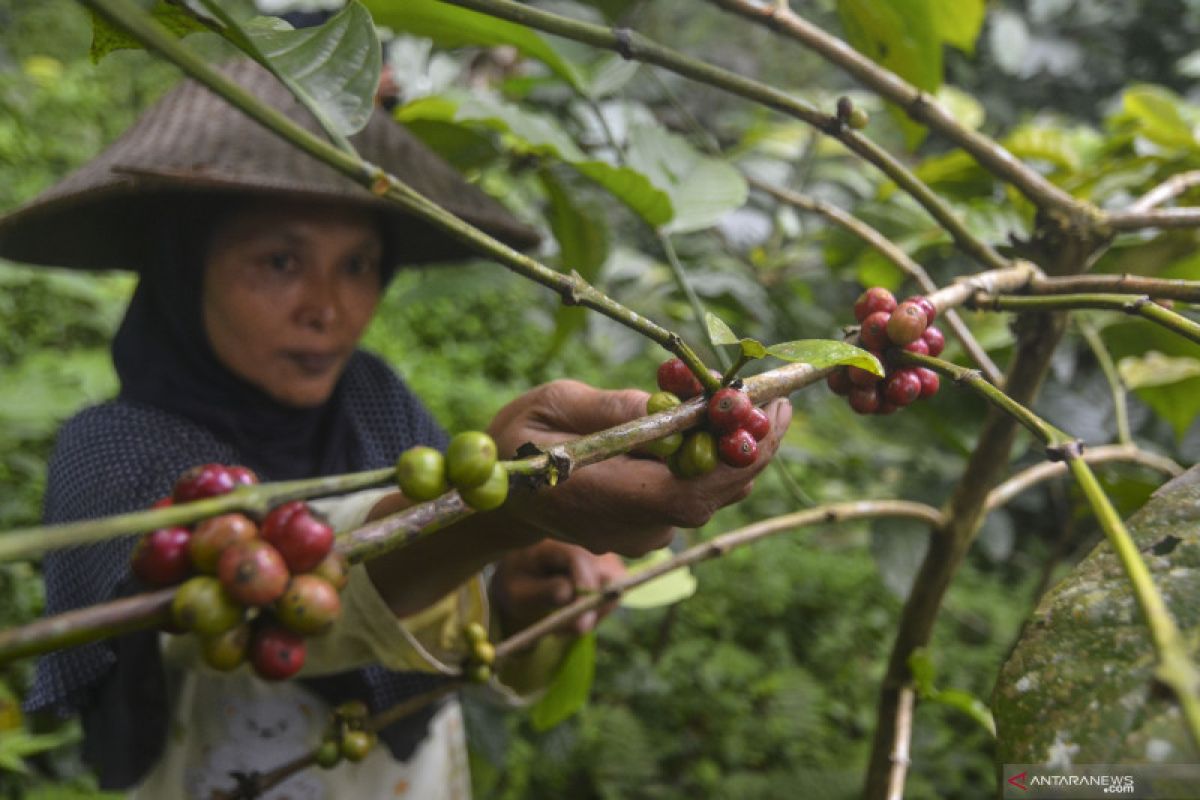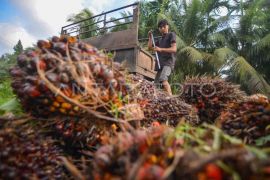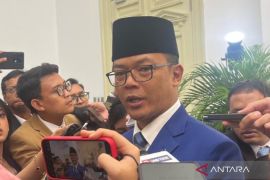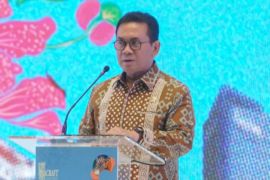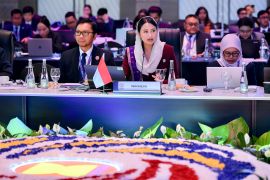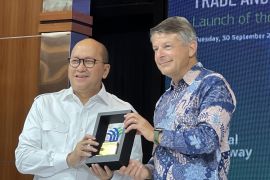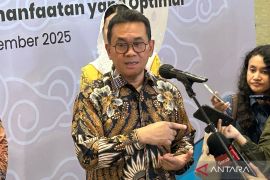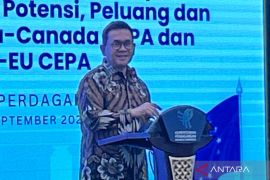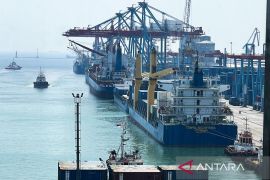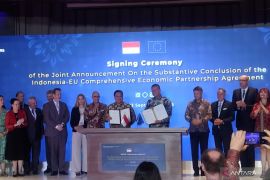“We have sent our questions in written form. They promised to provide a written response,” said Dida Gardera, the ministry’s expert staff member, on Thursday.
The statement follows a bilateral dialogue between Indonesia and the EU held on June 4 in Brussels, where both sides discussed the implications of the EUDR.
Gardera said Indonesia sought clarification on several key issues: the legal basis and methodology for risk classification, recognition of Indonesia’s national legality system, potential inconsistencies with World Trade Organization (WTO) rules, and the administrative burdens that the regulation could impose on smallholder farmers, especially concerning geolocation and digital traceability requirements.
He stressed that these concerns are significant, as the regulation could directly impact farmers — over 90 percent of Indonesia’s coffee and cocoa producers are smallholders, he noted.
Gardera also urged the EU to recognize Indonesia’s agroforestry-based approach to coffee and cocoa cultivation.
For instance, 23 percent of state-owned forestry company Perhutani’s coffee plantations in Java are located within forest areas and managed using agroforestry methods that, he said, do not harm forest ecosystems.
“It’s impossible for us to apply the EUDR’s model of separating production from forests. For coffee and cocoa, that approach won’t work — maybe for oil palm, but not for these crops,” he said.
The EUDR requires companies to ensure that products sold in the EU are deforestation-free, meaning they are not produced on land that has been deforested or has contributed to forest degradation.
Related news: Indonesia, Malaysia continue efforts to address EU deforestation rule
Related news: Indonesia pushes for revision of EU deforestation regulation
Translator: Arnidhya Nur, Raka Adji
Editor: Anton Santoso
Copyright © ANTARA 2025
